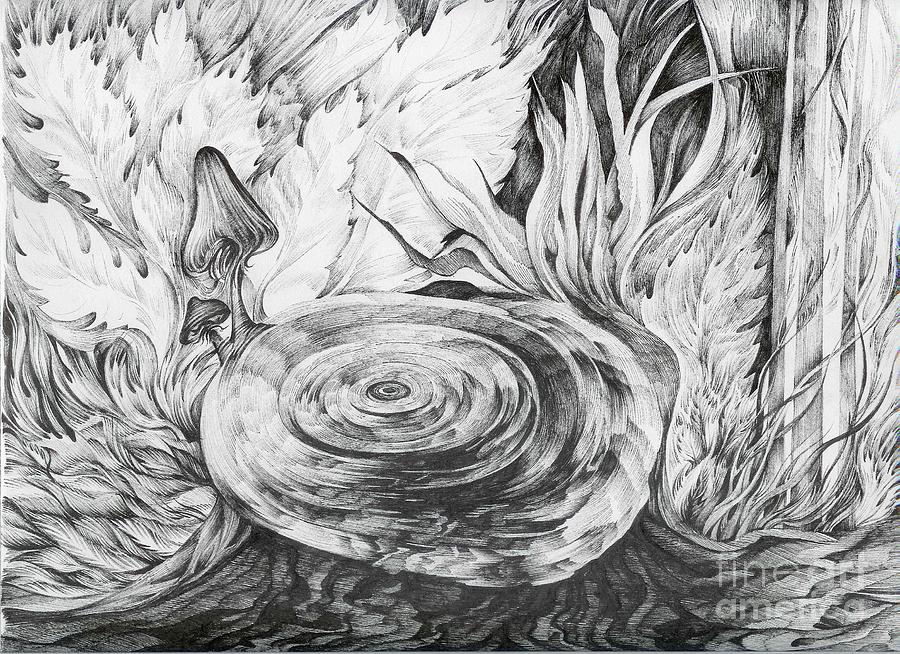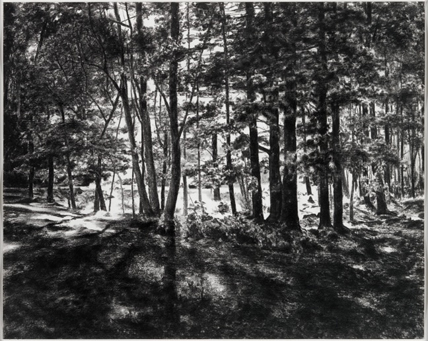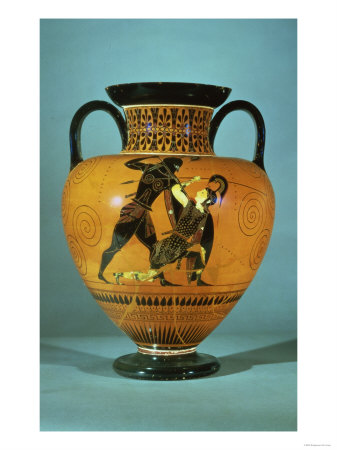Tuesday, March 21, 2017
Art Two - Passion Paintings
What have you thought of the process that we are using with the Q-tips and dots? How does this affect your attitude toward painting in general and color mixing more specifically?
Ceramics - Greek pottery video
Follow the link and watch the following video about Greek pottery.
You must say something that has not already been said and name a fact that you learned from watching.
https://www.youtube.com/watch?v=WhPW50r07L8
You must say something that has not already been said and name a fact that you learned from watching.
https://www.youtube.com/watch?v=WhPW50r07L8
Art Three - Collage examples
Look at the collages below. Which one is your favorite? Notice how they use a variety of tones and textures of the same color.




Monday, March 13, 2017
Art One - Drawings in Pencil
The drawings below were all completed with pencil. Which is your favorite?










Ceramics - Reminder
Your blog assignment this week is to simply acknowledge that you have another wheel thrown piece due at the end of this quarter. It will need to be thrown and trimmed by APRIL 28 so that you will have time to fire and glaze it. Do not wait until the last minute. This grade is based on merit not completion. I will be looking for a symmetrical form with a trimmed foot that is as thin and large as possible. A cereal or soup sized bowl is fine but will not earn you an "A". You can work almost anytime in or out of class (except 5th period). If you want to come after school, just check with me first. Get started!
Tuesday, March 7, 2017
Ceramics - Greek Amphora
amphora, ancient vessel form used as a storage jar and one of the principal vessel shapes in Greek pottery, a two-handled pot with a neck narrower than the body. There are two types of amphora: the neck amphora, in which the neck meets the body at a sharp angle; and the one-piece amphora, in which the neck and body form a continuous curve. The first is common from the Geometric period (c.900 bc) to the decline of Greek pottery; the second appeared in the 7th century bc. The height of amphorae varies from large Geometric vases of 5 feet (1.5 metres) to examples of 12 inches (30 centimetres) or even smaller (the smallest are called amphoriskoi). The average normal height is about 18 inches (45 centimetres). Amphorae, which survive in great numbers, were used as storage and transport vessels for olives, cereal, oil, and wine (the wine amphora was a standard Attic measure of about 41 quarts [39 litres]) and, in outsize form, for funerals and as grave markers. Wide-mouthed, painted amphorae were used as decanters and were given as prizes.
Art Two - Optical Mixing
By using dabs of different colors right next to each other, the eye "mixes" them together in the brain to read as a new color. For example, if you had an area with different reds and yellows and a few blues, the area would "read" as a toned down orange because red+yellow=orange and blue is the opposite (complimentary color) of orange which will neutralize it.
See the examples below of art using this process.

Georges Seurat (French Post Impressionist painter who was most famous for this technique)

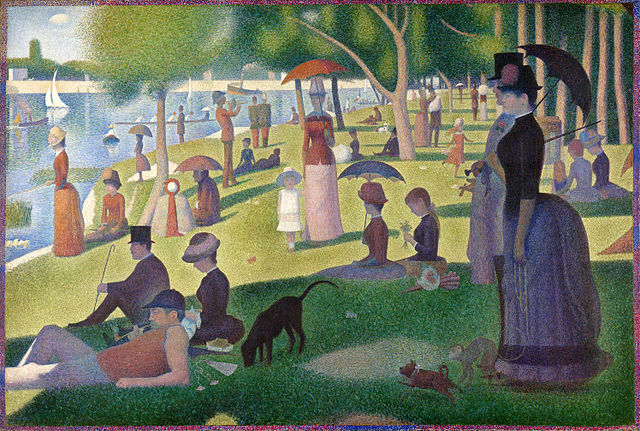
Chuck Close (American painter who took this idea further)


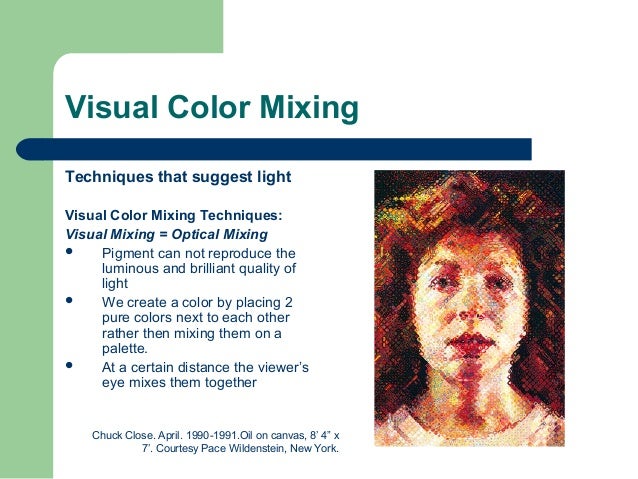

Self Portrait of Chuck Close - He is still living and working.
See the examples below of art using this process.

Georges Seurat (French Post Impressionist painter who was most famous for this technique)


Chuck Close (American painter who took this idea further)




Self Portrait of Chuck Close - He is still living and working.
Art One - Perspective in Art
Notice how the following artists use perspective in their paintings.j
One point perspective on the ground - Italian artist Perugino
This painting is in the Sistine Chapel in Rome.

The School of Athens by Raphael
This painting is in the Vatican in Rome
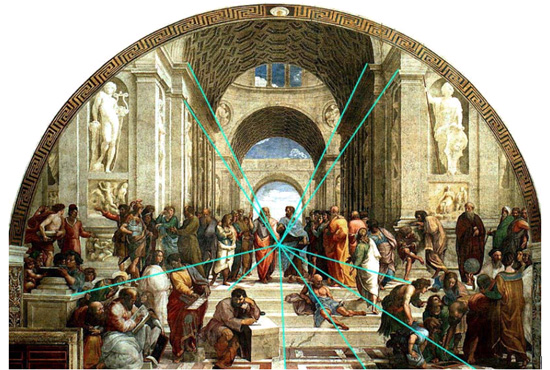
The Music Lesson by Vermeer
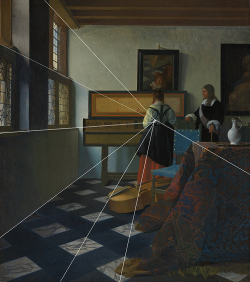
Two point perspectve by Edward Hopper

Also by Edward Hopper - American artist

One point perspective on the ground - Italian artist Perugino
This painting is in the Sistine Chapel in Rome.

The School of Athens by Raphael
This painting is in the Vatican in Rome

The Music Lesson by Vermeer

Two point perspectve by Edward Hopper
Also by Edward Hopper - American artist

Subscribe to:
Comments (Atom)


